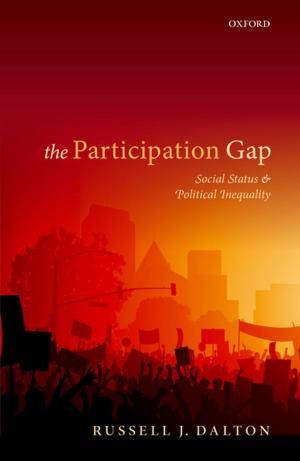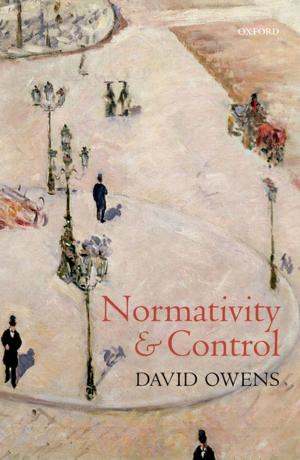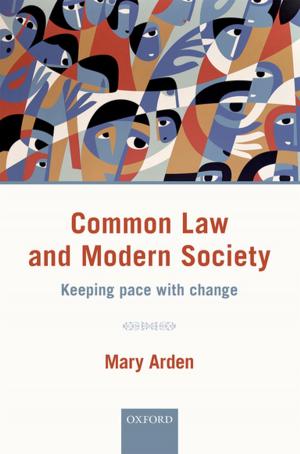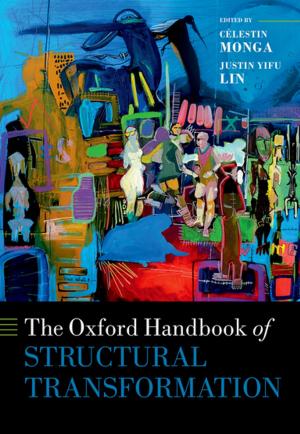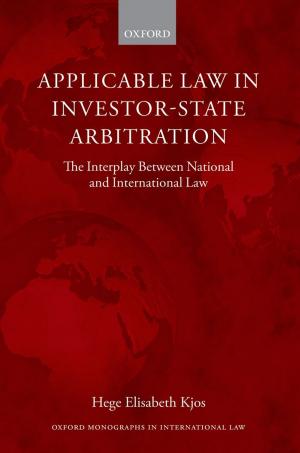Fight or Flight
Britain, France, and their Roads from Empire
Nonfiction, History, France, Social & Cultural Studies, Political Science| Author: | Martin Thomas | ISBN: | 9780191664083 |
| Publisher: | OUP Oxford | Publication: | March 13, 2014 |
| Imprint: | OUP Oxford | Language: | English |
| Author: | Martin Thomas |
| ISBN: | 9780191664083 |
| Publisher: | OUP Oxford |
| Publication: | March 13, 2014 |
| Imprint: | OUP Oxford |
| Language: | English |
Although shattered by war, in 1945 Britain and France still controlled the world's two largest colonial empires, with imperial territories stretched over four continents. And they appeared determined to keep them: the roll-call of British and French politicians, soldiers, settlers and writers who promised in word and print at this time to defend their colonial possessions at all costs is a long one. Yet, within twenty years both empires had almost completely disappeared. The collapse was cataclysmic. Peaceable 'transfers of power' were eclipsed by episodes of territorial partition and mass violence whose bitter aftermath still lingers. Hundreds of millions across four continents were caught up in the biggest reconfiguration of the international system ever seen. In the meantime, even the most dogged imperialists, who had once stiffly defended imperial rule, ultimately bent to the wind of change. By the early 1950s Winston Churchill had retreated from his wartime pledge to keep Britain's Empire intact. And General de Gaulle, who quit the French presidency in 1946 complaining that France's new post-war democracy would never hang on to the country's imperial prizes, narrowly escaped assassination a generation later - after negotiating the humiliating French withdrawal from Algeria. Fight or Flight is the first ever comparative account of this dramatic collapse, explaining the end of the British and French colonial empires as an intertwined, even co-dependent process. Decolonization gathered momentum, not as an empire-specific affair, but as a global one, in which the wider march of twentieth-century history played a vital part: industrial concentration and global depression, World War and Cold War, Communism and other anti-colonial ideologies, mass consumerism and the allure of American popular culture. Above all, as Martin Thomas shows, the internationalization of colonial affairs made it impossible to contain colonial problems locally, spelling the end for Europe's two largest colonial empires in less than two decades from the end of the Second World War.
Although shattered by war, in 1945 Britain and France still controlled the world's two largest colonial empires, with imperial territories stretched over four continents. And they appeared determined to keep them: the roll-call of British and French politicians, soldiers, settlers and writers who promised in word and print at this time to defend their colonial possessions at all costs is a long one. Yet, within twenty years both empires had almost completely disappeared. The collapse was cataclysmic. Peaceable 'transfers of power' were eclipsed by episodes of territorial partition and mass violence whose bitter aftermath still lingers. Hundreds of millions across four continents were caught up in the biggest reconfiguration of the international system ever seen. In the meantime, even the most dogged imperialists, who had once stiffly defended imperial rule, ultimately bent to the wind of change. By the early 1950s Winston Churchill had retreated from his wartime pledge to keep Britain's Empire intact. And General de Gaulle, who quit the French presidency in 1946 complaining that France's new post-war democracy would never hang on to the country's imperial prizes, narrowly escaped assassination a generation later - after negotiating the humiliating French withdrawal from Algeria. Fight or Flight is the first ever comparative account of this dramatic collapse, explaining the end of the British and French colonial empires as an intertwined, even co-dependent process. Decolonization gathered momentum, not as an empire-specific affair, but as a global one, in which the wider march of twentieth-century history played a vital part: industrial concentration and global depression, World War and Cold War, Communism and other anti-colonial ideologies, mass consumerism and the allure of American popular culture. Above all, as Martin Thomas shows, the internationalization of colonial affairs made it impossible to contain colonial problems locally, spelling the end for Europe's two largest colonial empires in less than two decades from the end of the Second World War.





